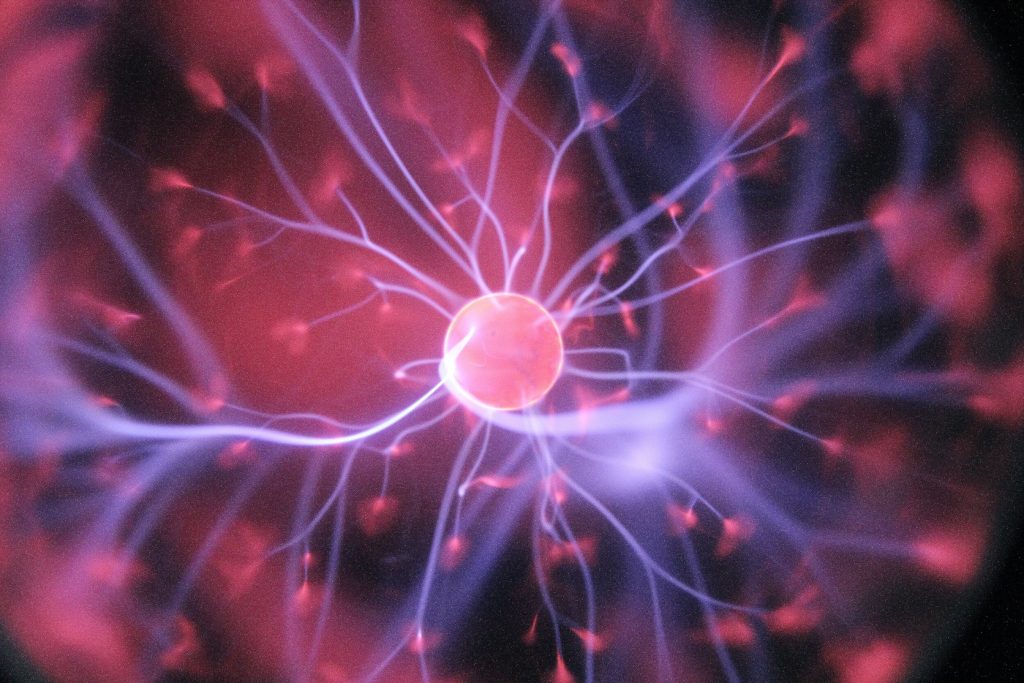How Grief Alters Brain Function: A Neurological Perspective
Understanding Grief
Grief is a complicated response to loss, encompassing a wide range of emotions, from sadness and anger to guilt and confusion. While the emotional aspects of grief are widely recognized, the brain’s role in this process is gaining attention.
The Short-Term Impact of Grief on Brain Function
- Stress Response: Grief sets off a heightened stress reaction in the body. This response releases cortisol, a hormone that can harm the brain’s structure and operation. In the short term, this can lead to difficulties in focusing, memory lapses, and mood disturbances.
- Altered Neurotransmitter Levels: Grief disrupts the balance of neurotransmitters like serotonin and dopamine, which play a key role in regulating our moods. These disruptions can lead to feelings of depression and anxiety.
- Decreased Cognitive Function: Grief can cloud your thinking and disrupt cognitive function, making it harder to concentrate, make decisions, and even manage daily tasks. This phenomenon is sometimes called “grief brain” or “widowhood brain.”
The Long-Term Impact of Grief on Brain Function
- Structural Changes: Extended or complicated grief can bring about structural changes in the brain. Studies suggest that the prefrontal cortex, responsible for decision-making and problem-solving, may shrink in individuals dealing with chronic grief.
- Increased Vulnerability to Mental Health Issues: Grief can make individuals more susceptible to mental health conditions, such as depression, anxiety, and post-traumatic stress disorder (PTSD). These conditions, too, affect the brain in distinct ways, adding to the neurological changes stemming from grief.
- Altered Perception of Time: Grief can reshape your perception of time. Many people report that time either seems to slow down or race by as they grieve. This is believed to be connected to changes in brain function associated with memory and emotional processing.
Coping Strategies
While the impact of grief on brain function is profound, it doesn’t affect everyone in the same way. The degree and nature of these effects vary based on the individual and the unique circumstances of their loss. Thankfully, there are strategies that can help alleviate the neurological impact of grief:
- Seek Support: Connecting with friends, family, or a therapist can provide emotional support and help manage stress responses.
- Self-Care: Engage in self-care practices, such as regular exercise, mindfulness, and maintaining a balanced diet to promote overall brain health.
- Allow Yourself to Grieve: Suppressing grief can intensify its neurological consequences. It’s crucial to allow yourself the time and space to process your feelings.
Grief is a complex and deeply personal experience that significantly alters brain function. Understanding how grief affects the brain is crucial for individuals and healthcare professionals, as it can guide more effective support during challenging times. Although grief can bring about substantial neurological changes, the brain also possesses resilience and adaptability. With time, support, and self-care, it can play a vital role in the healing process. Read more about “What is Disenfranchised Grief?” on our blog page today!
If you are struggling to think clearly after a loss, please contact our grief counselling expert at [email protected], or call 226-224-0301.

